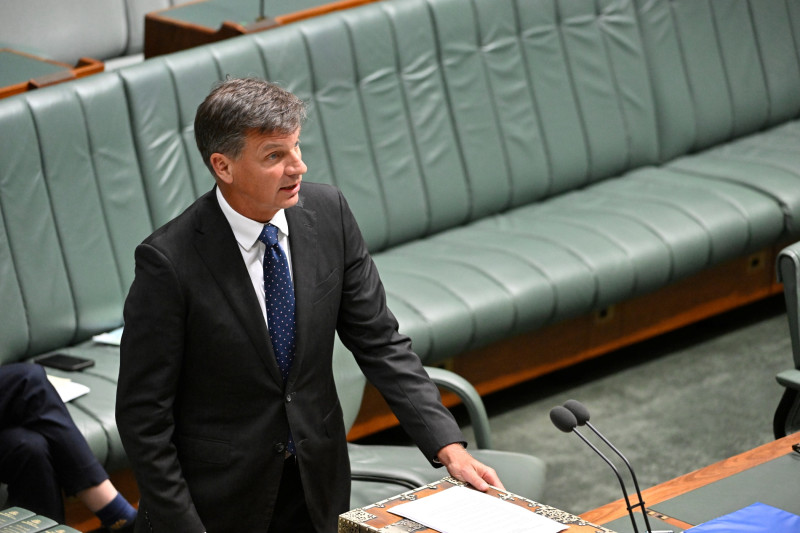Do you have to be a member of parliament to be party leader?
The answer to your question depends on if the party is in government, and if the party has members elected to Parliament or not.
For the party or coalition of parties in government:
- The leader of the government, the Prime Minister, must be a member of parliament. This is required by the Australian Constitution. The government could select a leader who is not already a member of parliament. However, under section 64 of the Constitution, they must become a member of either the Senate or the House of Representatives within 3 months. If not, they would have to give up their job.
For other parliamentary parties:
- If a party has members elected to parliament but is not in government, it is possible, though very unusual, to have a leader who is not a member of Parliament. This is because the leader is expected to play a key role in Parliament, such as participating in Question Time.
- Each parliamentary party has its own rules for electing their leader. Generally, parliamentary parties always choose someone who is a member of parliament to be their leader.
For parties without elected members:
- Parties without any members in Parliament choose a leader who is not a member of parliament. Each different party sets its own rules for how they choose their leader.
The Leader of the Opposition in the House of Representatives

Paul Furness/DPS Auspic
Description
The Leader of the Opposition speaking from the Despatch Box in the House of Representatives.
Permission should be sought from DPS AUSPIC for third-party or commercial uses of this image. To contact DPS AUSPIC email: auspic@aph.gov.au or phone: 02 6277 3342.